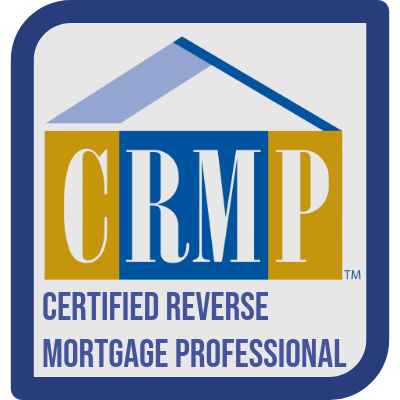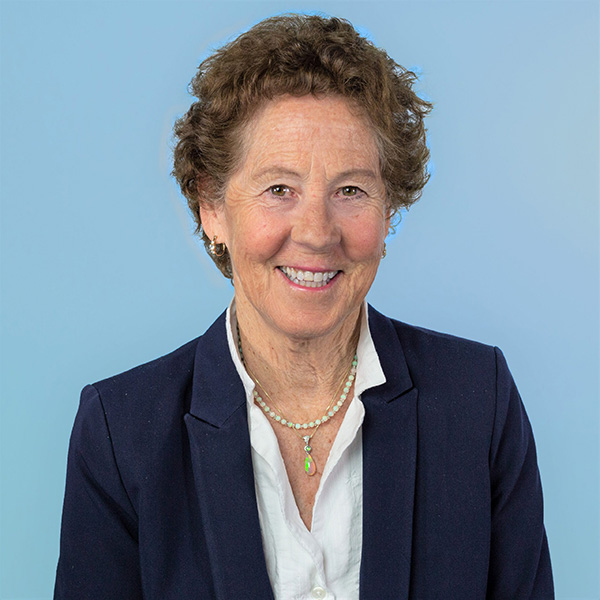For elderly clients (and for the elderly parents of middle-aged clients), financial planners may want to consider reverse mortgages — and the new rules recently put in place to protect borrowers.
“[Reverse mortgages] can be a very useful tool for seniors who plan to stay in the home for a long time,” says Jim Kinney, who heads Financial Pathway Advisors in Bridgewater, N.J.
As the name indicates, a reverse mortgage is the opposite of a conventional home loan. Borrowers usually get a reverse mortgage secured by the equity of the home in which they already live and plan to stay. Federally insured home equity conversion mortgages (HECMs) are the most common type of reverse mortgage and are available to homeowners age 62 or older who have little or no debt on their primary residence.


